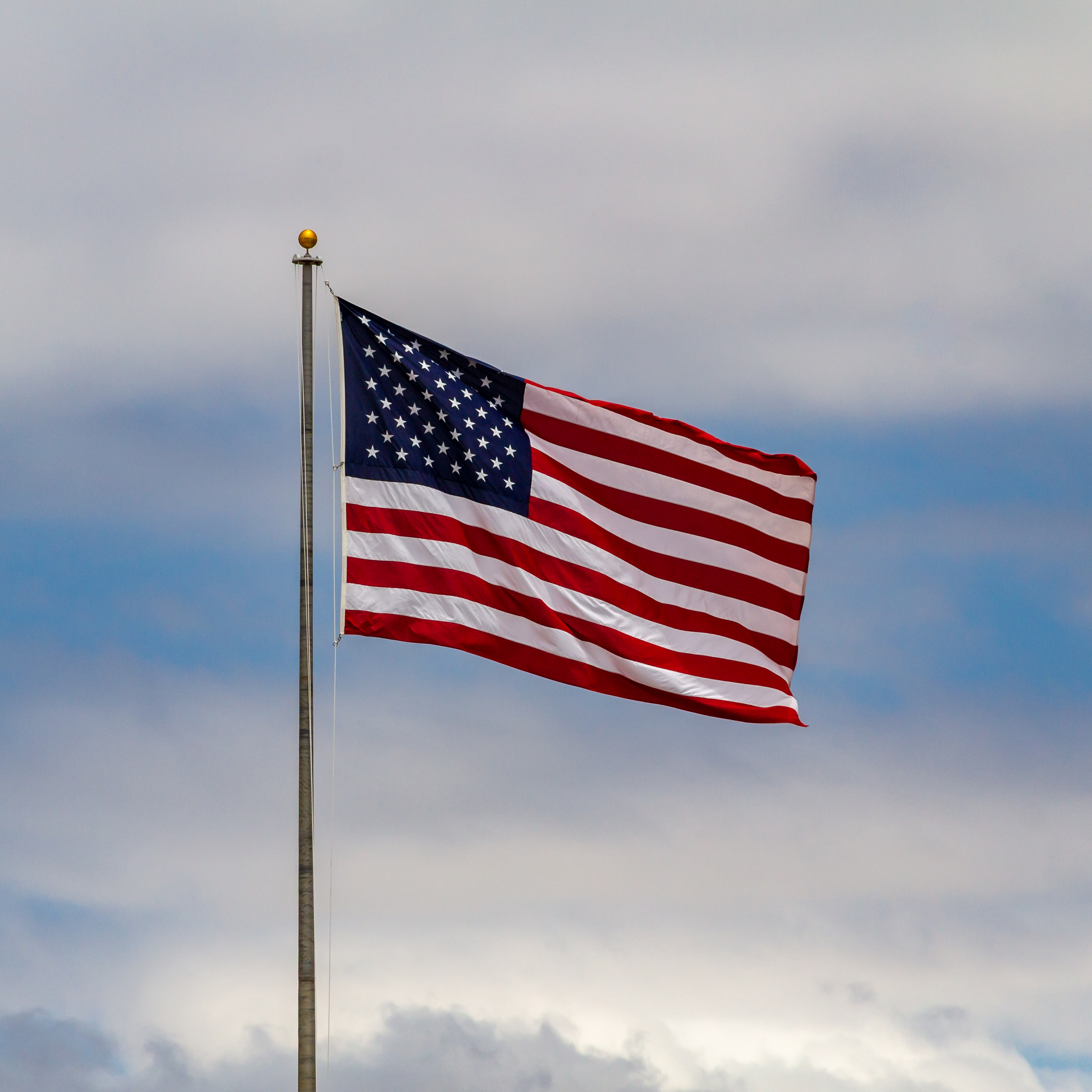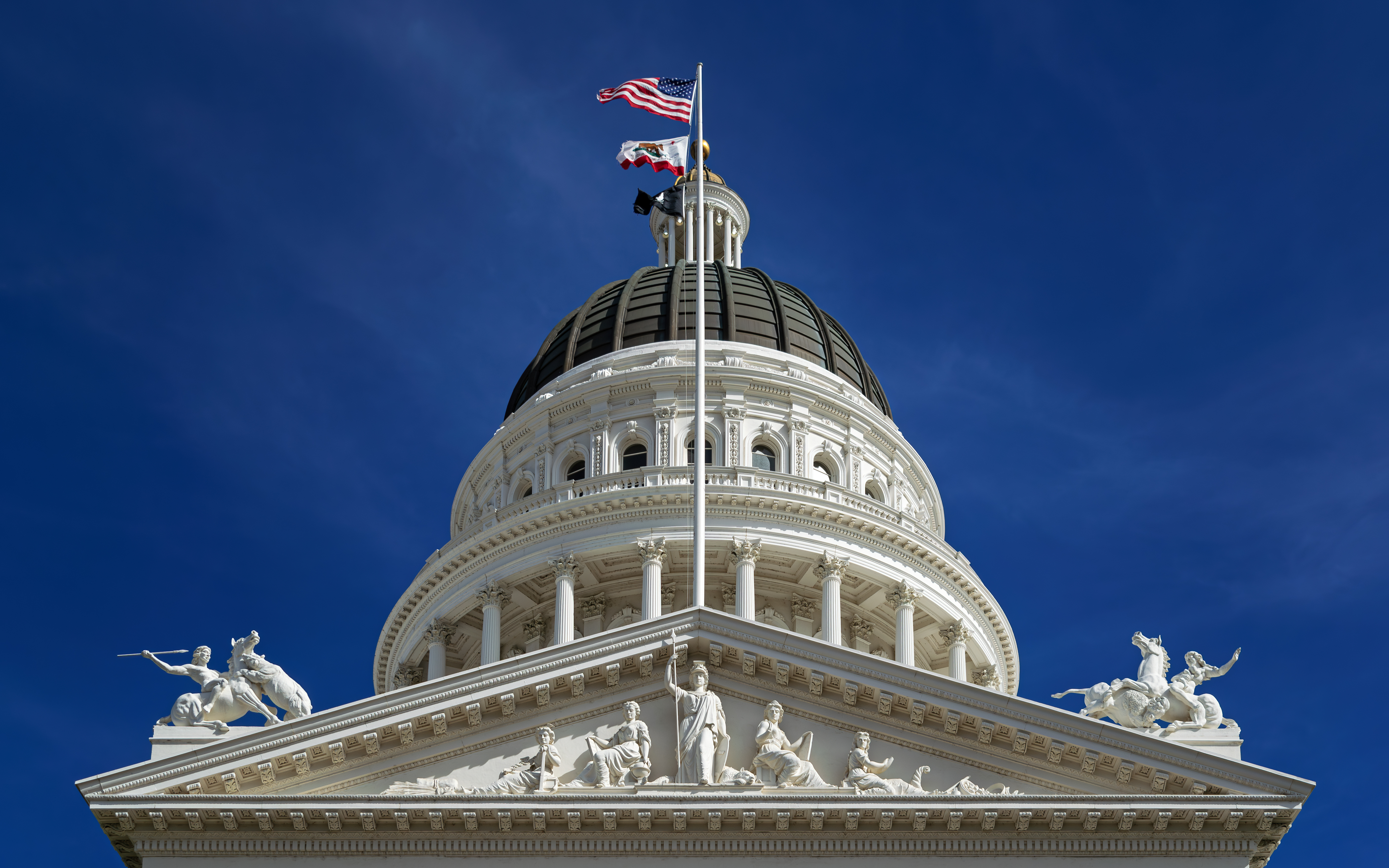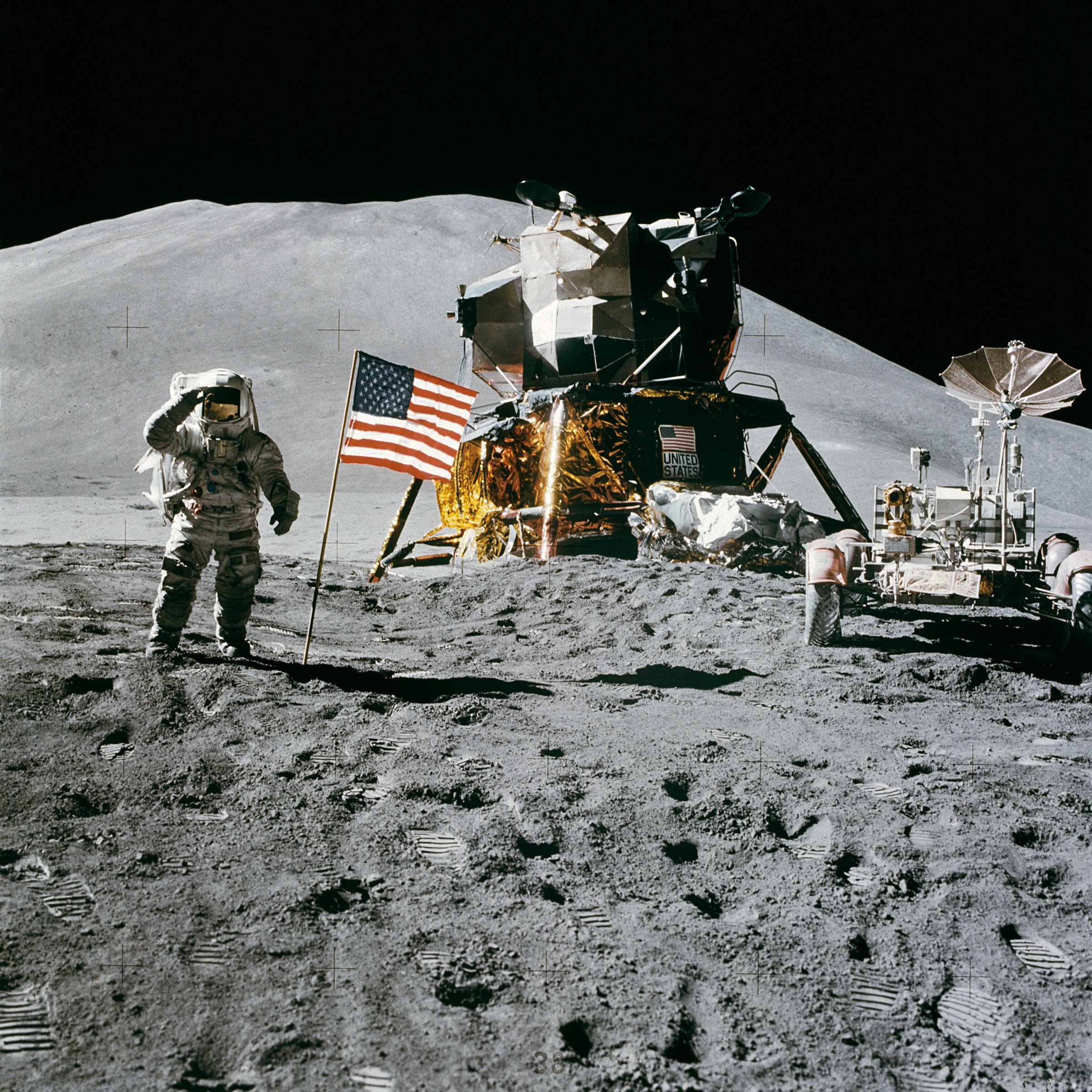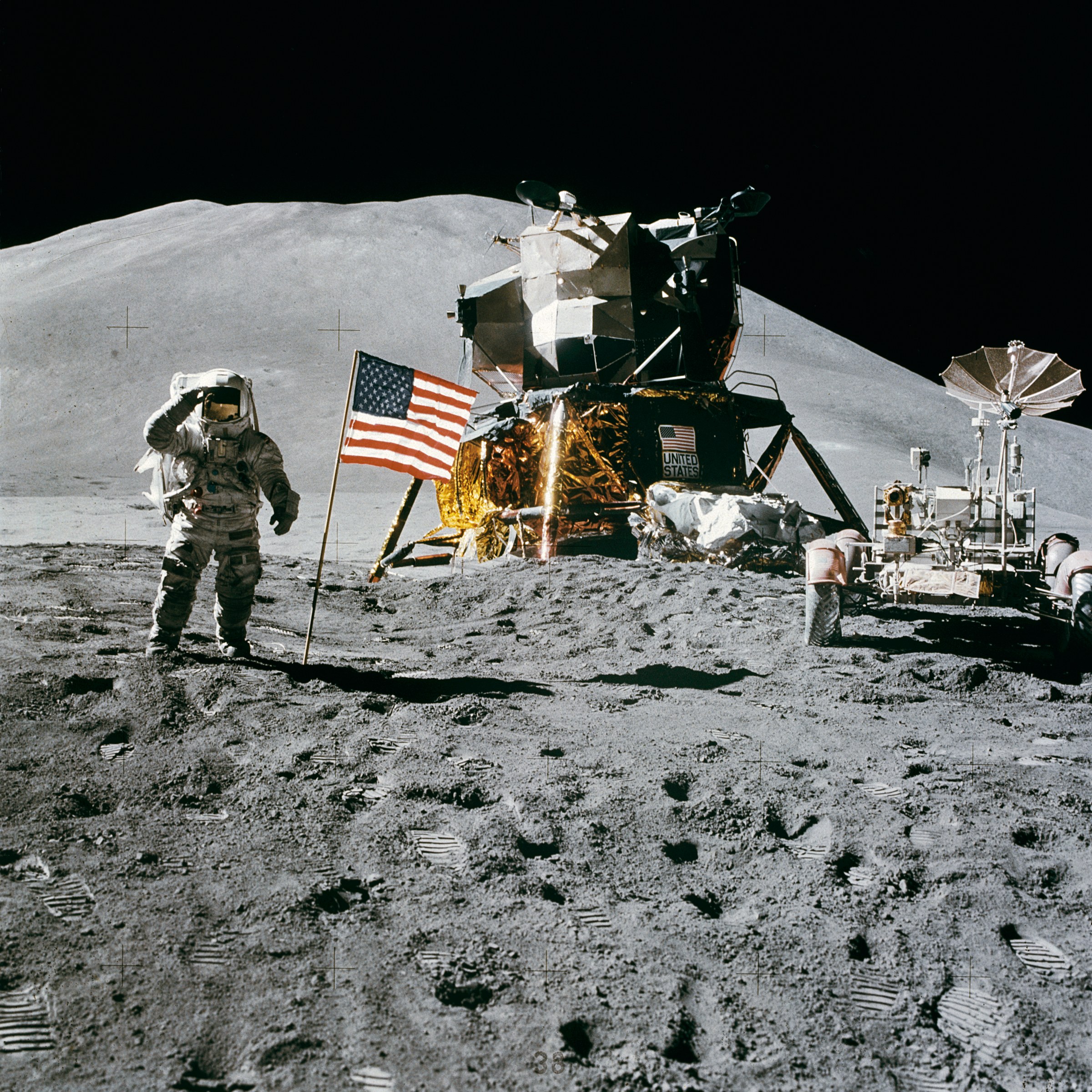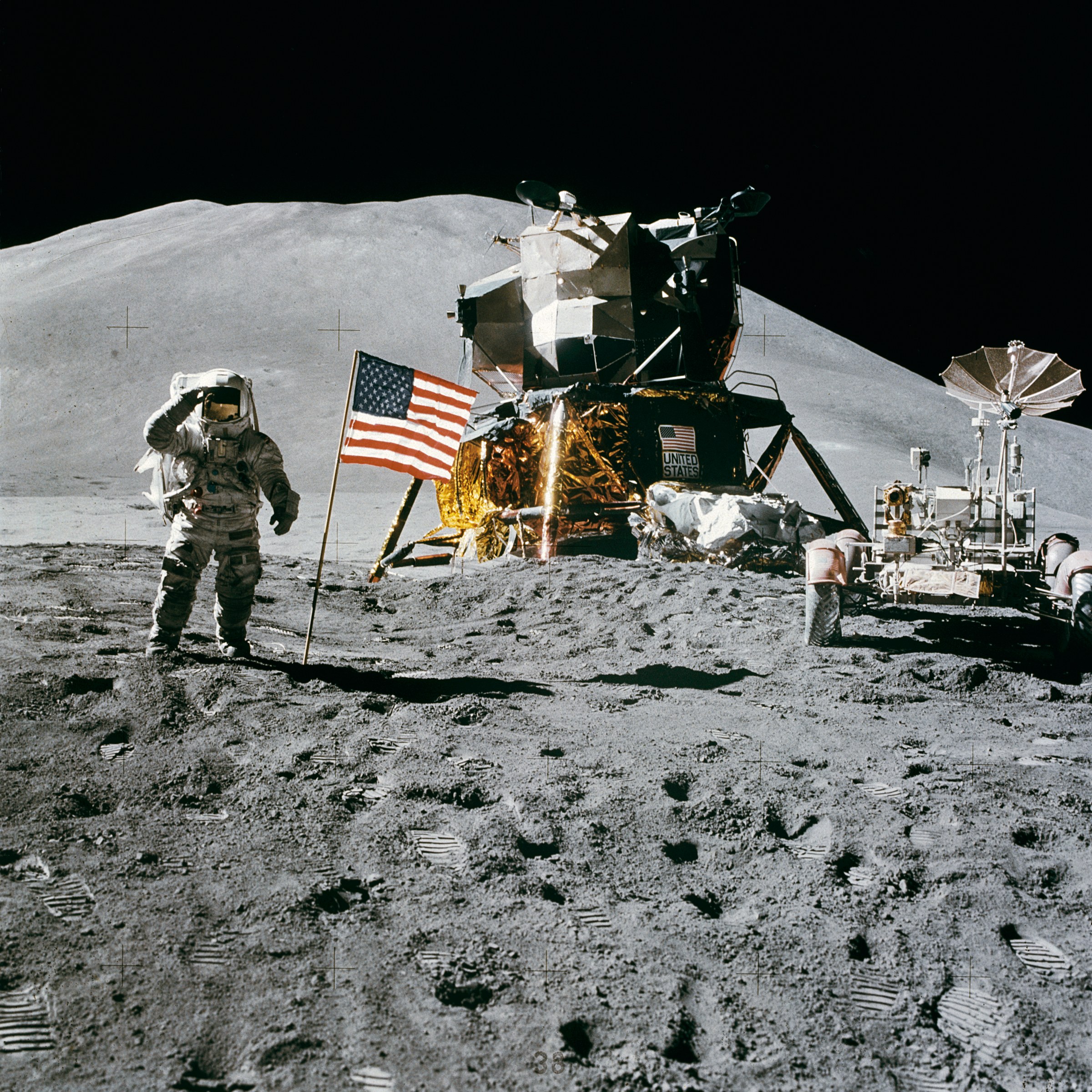Something remarkable happened at Ford Field on Sunday that the mainstream media won’t tell you about—and it has nothing to do with touchdowns or tackles. Detroit Lions receivers spontaneously broke into the now-famous “Trump Dance” during their game, delivering a powerful message about America’s changing cultural landscape just ahead of President Trump’s historic visit to the Motor City.
For the first time since Jimmy Carter sat in NFL stadium seats in 1978, a sitting president will attend a regular-season professional football game. But unlike Carter’s presidency—marked by economic malaise and national uncertainty—Trump’s presence represents something entirely different: a commander-in-chief who commands genuine respect from America’s cultural institutions.
The contrast couldn’t be starker. Just a few years ago, NFL players were kneeling during our national anthem, turning America’s pastime into a platform for anti-American grievance politics. Today, these same athletes are voluntarily celebrating presidential leadership with dance moves that have become synonymous with winning and American strength.
Lions player Trevor Nowaske captured the moment perfectly, expressing his excitement about one day telling his children that he “played in front of the president.” This isn’t manufactured enthusiasm or corporate-mandated patriotism—it’s authentic American pride breaking through years of woke conditioning in professional sports.
The Detroit setting amplifies this cultural moment’s significance. Michigan’s automotive capital has long symbolized American industrial might and working-class resilience. When Trump walks into Ford Field, he’s not just attending a football game—he’s demonstrating the kind of presidential leadership that meets Americans where they are, rather than lecturing them from Washington’s ivory towers.
This grassroots celebration of presidential authority represents a constitutional restoration that our founders would recognize. The presidency was designed to be a unifying office that commands respect across American society, not a punching bag for cultural elites and their athletic proxies. When professional athletes voluntarily celebrate their president, it signals that our institutions are remembering their proper relationship to democratic leadership.
The economic implications extend far beyond entertainment. Professional sports generate billions in revenue and employ thousands of Americans across multiple industries. When these institutions align with rather than against American leadership, it creates positive momentum that ripples through local economies, media markets, and cultural conversations in ways that benefit working families.
Consider how this moment would have been impossible during the previous administration, when athletes felt compelled to protest America rather than celebrate it. The Biden years saw continued division between sports culture and patriotic values, with leagues pushing climate activism and social justice messaging that alienated millions of fans. Trump’s return has coincided with a remarkable cultural course correction.
The “Trump Dance” phenomenon spreading through professional athletics isn’t just about one president or one political moment—it represents America’s cultural institutions rediscovering their role in strengthening rather than undermining national unity. From UFC fighters to NFL receivers, athletes are choosing celebration over protest, optimism over grievance, and American strength over globalist weakness.
This Detroit moment also showcases Trump’s political sophistication. By choosing to attend a regular-season game in a crucial swing state, he’s connecting presidential authority with the cultural experiences that matter most to working Americans. While his opponents hold fundraisers in Martha’s Vineyard mansions, Trump is sitting with auto workers and football fans in industrial Michigan.
Patriots should watch carefully as this cultural realignment continues. When America’s most visible athletes voluntarily celebrate rather than criticize presidential leadership, it signals a broader national mood shift that transcends traditional political boundaries. The same cultural confidence that built American greatness is reasserting itself in our sports stadiums, and that’s a winning formation for constitutional governance.
The Trump Dance at Ford Field represents more than athletic celebration—it’s America dancing again.

